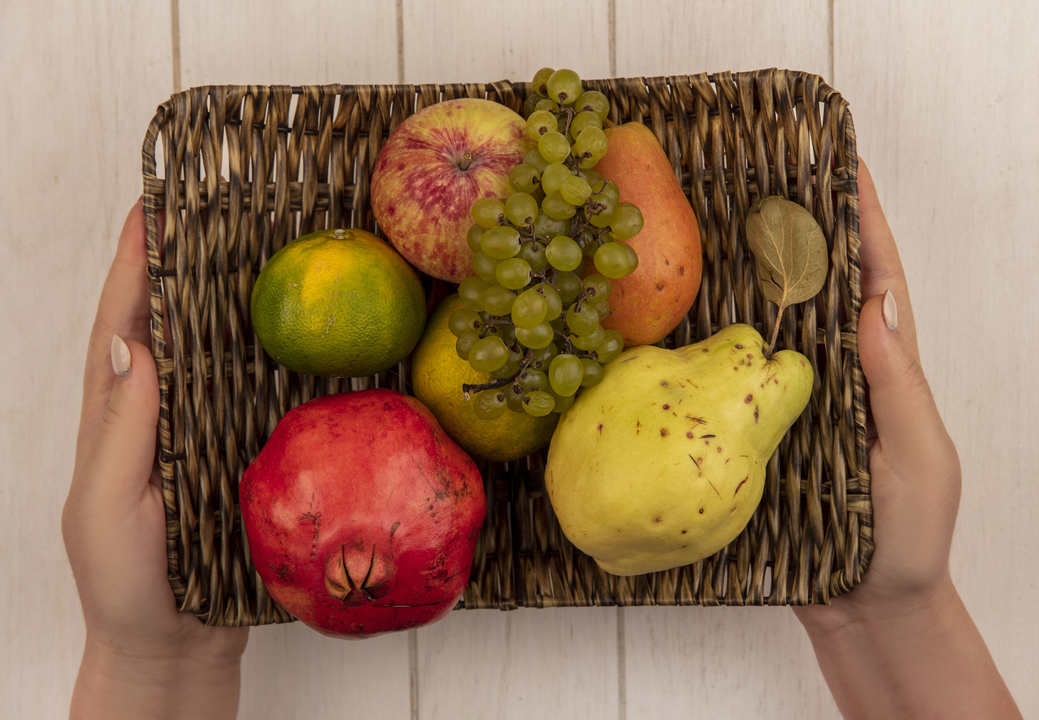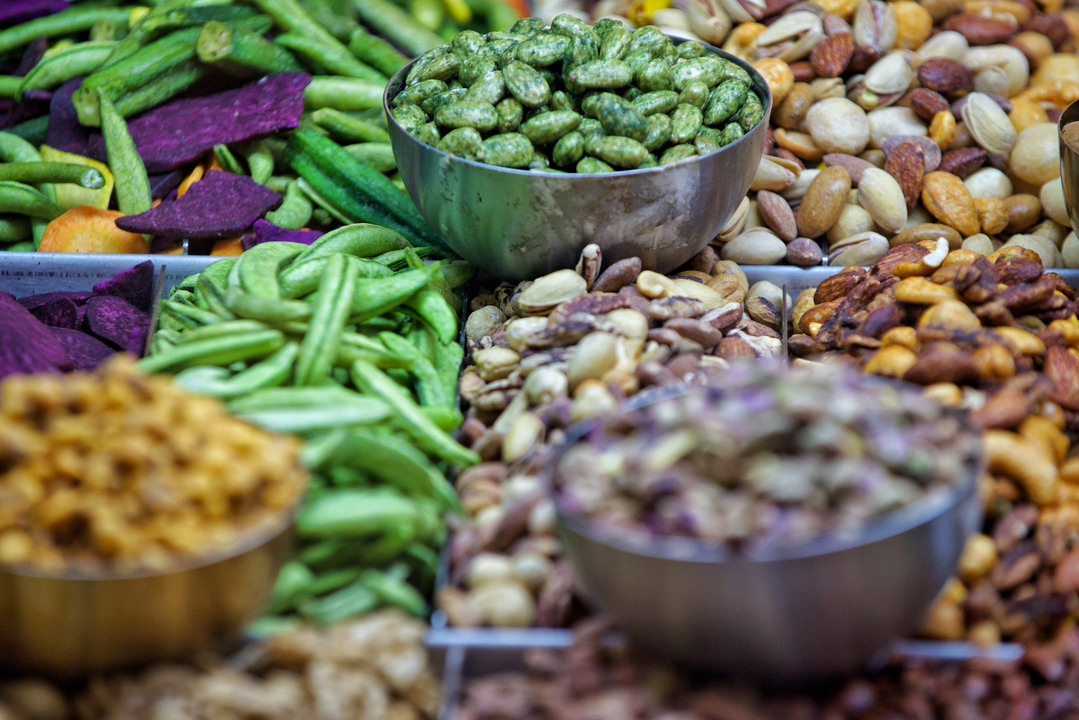(AP) – As peak summer approaches in Sicily, Anna Fiannaca prefers the peppers, eggplants and zucchini her brothers grow over the packaged food in the supermarket.
The 89-year-old cooks everything from scratch and eats mostly vegetarian. But she attributes much of her continued good health to adjusting her diet to what is most available throughout the year.
“It was just the way of life in Sicily, taking whatever the seasons will give you,” said Fiannaca, who lives near Agrigento.
Eating a variety of fruits and vegetables is one of many aspects that makes the Mediterranean diet healthy. It also includes an abundance of nuts, legumes, beans and healthy fat from olive oil and fish.

But nutrition experts say no matter where you are, buying in-season produce is an easy step toward better eating habits.
“Seasonal eating is kind of a pathway to build a broader diet variety,” said Sharon Gray, a registered dietician who supervises the University of Connecticut’s community nutrition programme.
Why is seasonal eating better for you?
Consuming a high variety of fruits and vegetables is an important part of good nutrition, lowering the risk of heart disease, obesity and other ailments.
Choosing whatever is most abundant in the market each month is a good way to start, said Gray, who offers healthy cooking workshops to low-income Hartford residents.
In New England, the summer’s tomatoes, berries and peaches give way to autumn’s pumpkins, squash and cranberries. All are high in antioxidants and fiber, and provide a wide range of vitamins, minerals and complex carbohydrates.
It helps that in-season produce tastes better.

“A lot of adults don’t like a lot of fruits and vegetables, so if you can get them to like something, then they build it into their diet,” she said. “That is moving people away from processed food to preparing more food at home.”
Eating seasonally often also means eating locally, said Julia Zumpano, a registered dietician at the Cleveland Clinic, specializing in disease prevention and management.
Besides the environmental benefits, local produce generally has more nutrients because it has naturally ripened and is consumed soon after being picked.
“You’re going to maximise your vitamins and minerals in there, the polyphenols and antioxidants that are the foundations of how we decrease the risk of disease,” Zumpano said.
Experts caution that eating seasonally isn’t a cure-all, and some studies have found people in colder climates suffer from nutritional deficiency in the winter. That means you should still continue to buy leafy greens and other vegetables all year.
“We need seven to nine servings of fruits and vegetables every day,” Zumpano said. “Ninety per cent of us don’t eat enough of them.”








